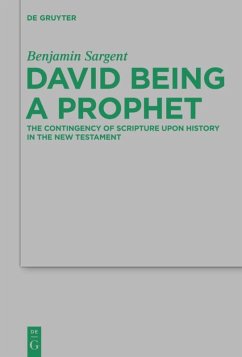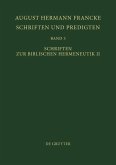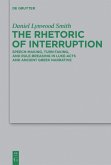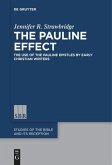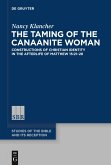This book seeks to identify a distinct approach to interpreting Scripture in the New Testament that makes use of assumptions about a text's author or time of composition. Focusing upon the Epistle to the Hebrews, the Acts of the Apostles and the Davidssohnfrage in the Synoptic Gospels, it is argued that in certain cases the meaning of a scriptural text is understood by the New Testament author to be contingent upon its history: that the meaning of a text is found when the identity of its author is taken into account or when its time of origin is considered. This approach to interpretation appears to lack clear precedents in intertestamental and 1st Century exegetical literature, suggesting that it is dependent upon distinctly Christian notions of Heilsgeschichte. The analysis of the Davidssohnfrage suggests also that the origins of this approach to interpretation may be associated with traditions of Jesus' exegetical sayings. A final chapter questions whether an early Christian use of history in the interpretation of Scripture might offer something to contemporary discussion of the continuing relevance of historical criticism.
Bitte wählen Sie Ihr Anliegen aus.
Rechnungen
Retourenschein anfordern
Bestellstatus
Storno

